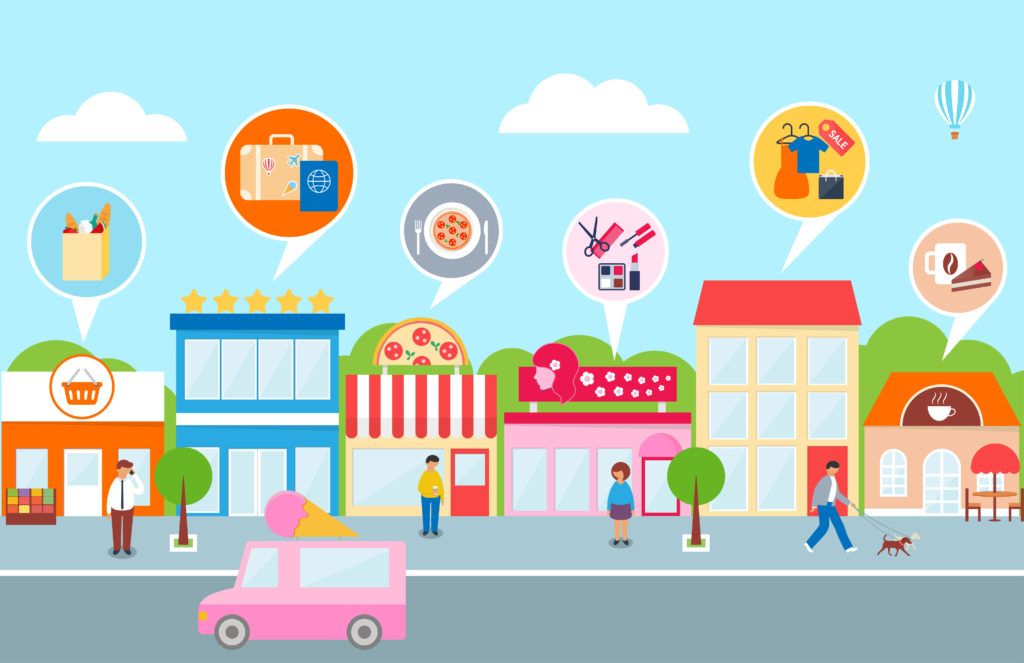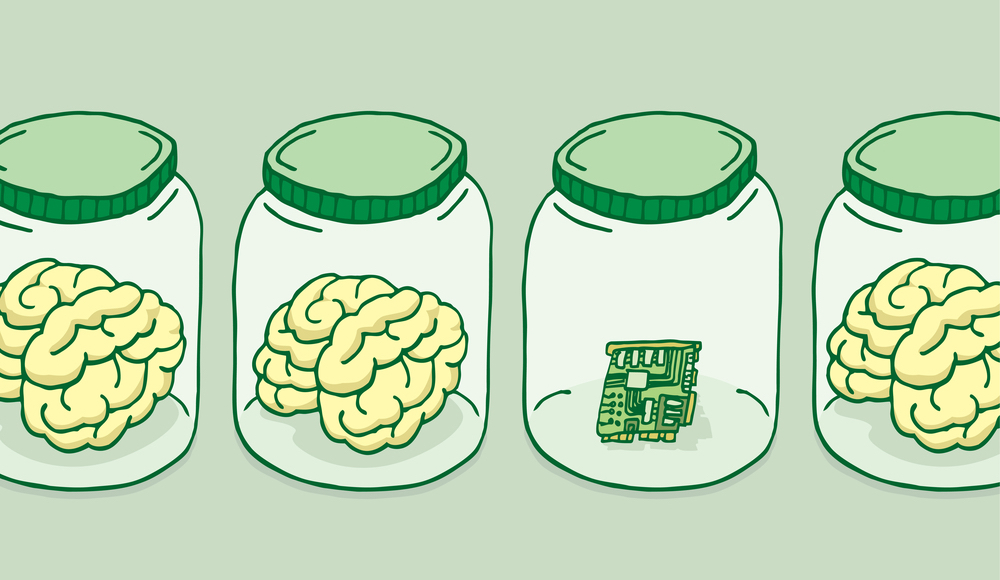Shutterstock (Mayrum)
The central goal of any service industry is clear – have you done the job that your client has paid you to do? Whether it is finding them a new employee, putting on an event, or, in our case, accurately translating various pieces of content, there is outwardly very little that matters apart from the quality of the result.
Time and cost are two key variables in the quality equation, and technology is helping to reduce both to a bare minimum, but I can’t help thinking whether there is another more intangible aspect at work. An aspect that robots won’t be able to replicate quite so easily….
What role do relationships play in ensuring excellence?
Some might view translation as a mechanical task, replacing words and phrases from one language with words and phrases from another language, but in my experience far from every translation is so simple. 98% of the work might be routine, but it is in that last 2% that the essence of the work is found. Translators spend the vast majority of their time honing and perfecting that 2% – and they are only able to do it if they truly care about their clients.
For me, caring about clients doesn’t only mean wanting to do the best job for them, it also means asking the difficult questions and challenging them when required. If you want to do the best possible job, you need to be steered in the right direction, and although you might not want to “bother” the client, it is during these sometimes difficult conversations that we get to know each other. It would be easy to decide not to ask the questions (and go with the safe answers), but the end product may well suffer as a result.
Relationships grow from a place of mutual exploration, and excellence is born when we decide to go that crucial extra mile (even though we are often not sure where it will lead).
The capacity to be passionate and seek to go above and beyond the call of duty is something that is uniquely human, and for anyone working in the service industries, it is what will save us from the rise of the machines. When we are dealing with others, it is rare that events happen according to a set plan – there are always tangents, about-turns, and dead-ends. Success lies in how we choose to react to these events.
The best reactions come from a place of caring.
I am so lucky to have worked with many fantastic clients over my translation career and as I have built up my company I have always sought to keep a few key clients close to me so that I don’t forget about the importance of caring working relationships. There is something incredibly gratifying about investing your soul in a project and then hearing the gushing praise of a client at the end. Somehow it makes it all worthwhile, and you give of your very best when the next 2% challenge comes along.
There is something magical about being passionate about your work. It can’t be measured, and it even defies description, but I hope that it is what sets Absolute Translations apart.

